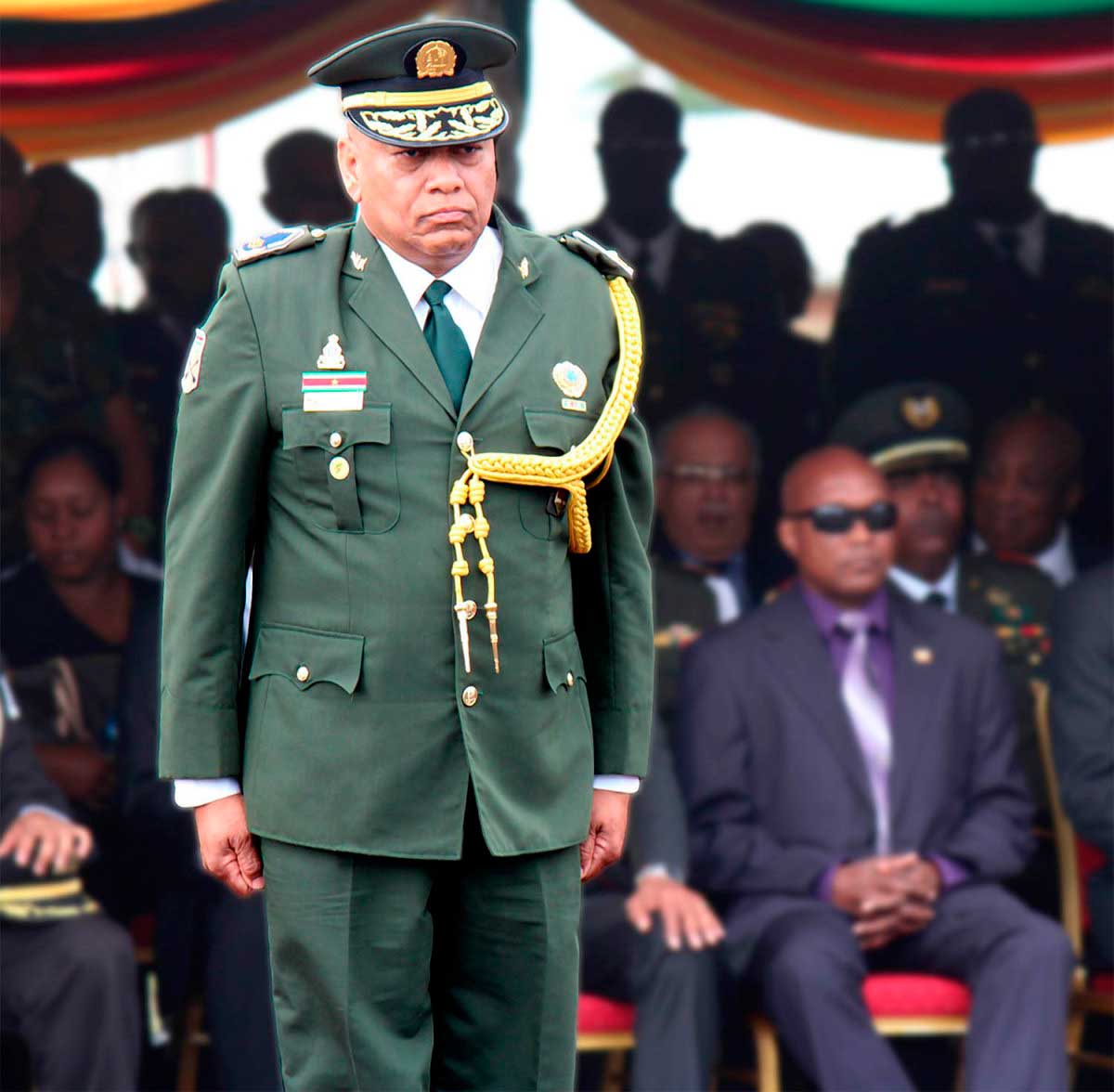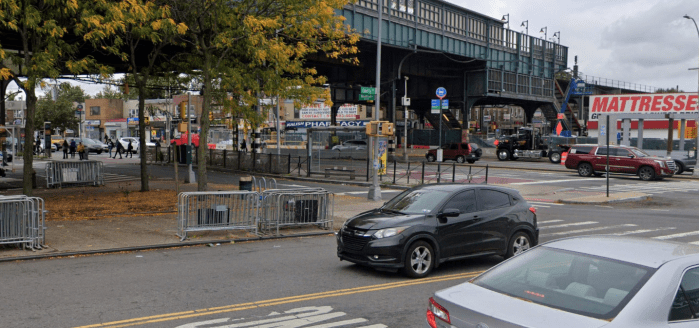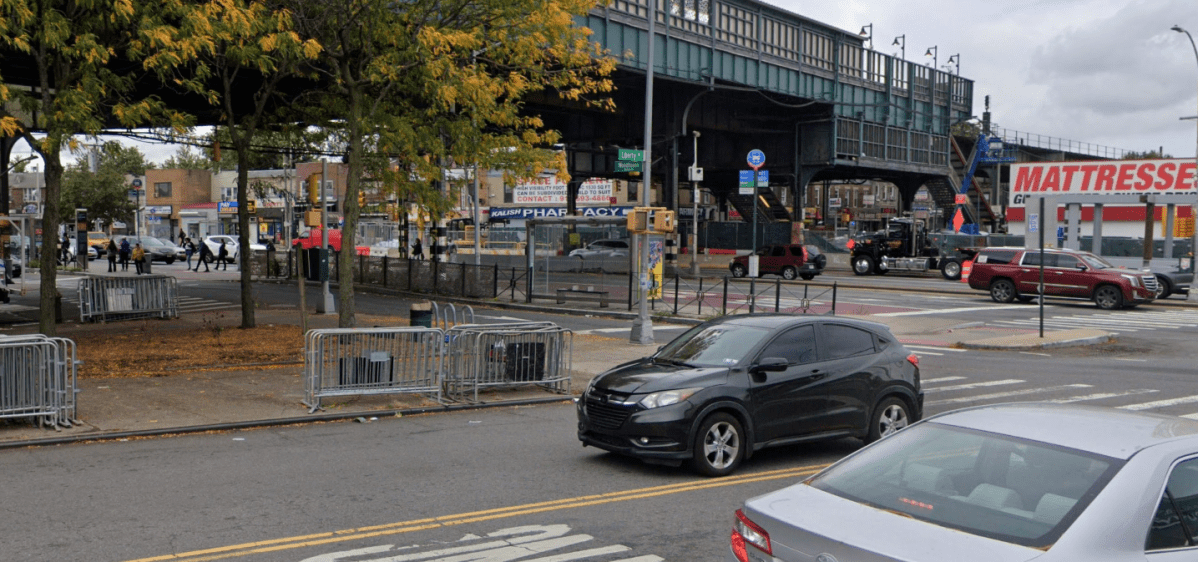Legislators from both sides of Suriname’s parliament Thursday night roasted authorities for the apparent lackluster way in which the April 27 barbaric attack on fishing vessels off the country’s coast was handled and called for a complete review of the sector including the release of millions to the coastguard and police to improve their capabilities.
Only five of 20 mostly Guyanese crewman who were working on four vessels survived the late night attack in waters between Suriname and French Guiana after their boats were attacked most likely from attackers linked to Suriname’s booming fisheries sector.
Police in both Guyana and Suriname have dismissed the high seas attack as one related to piracy, alleging that it had more to do with revenge linked to the March fatal shooting of a Guyanese boat captain. His brother who had allegedly vowed revenge for his death, remains in Guyanese police custody and is being questioned about any possible role. A second captain was shot dead at sea in the past week. Police say his murder is related to recent events.
Some disgusted legislators deemed the late April attack as barbaric and urged authorities to treat those arrested on both sides of the border Corentyne River as an act of terrorism, punishable by the death penalty.
That country’s fishing sector is largely sustained by Guyanese fishermen, many of whom have not over the years bothered to file legal papers for work permits or to become citizens. Officials do not normally bother them given their important role in the country’s struggling economy.
But with sympathy overflowing for the 15 still missing and the five who made it to shore, lawmakers on both sides argued in a motion that the time had come to offer legal status to this group. The suggestion won overwhelming support along with other measures that included demands for millions to be given to the coastguard and police to beef up their capacity to better patrol a large swathe of water covering the so-called three Guianas, Guyana, Suriname and French Guiana.
Thirty eight of the 51 legislators present in parliament voted in favor of measures contained in the motion. Given the charged and sympathetic atmosphere, no one bothered to vote no.
The measures include a proper a thorough investigation of the attack and related incidents, given that fact that relatives and survivors had bitterly complained that no one in authority had taken the first set of complaints about unfolding events on the water seriously. Others had charged that both the coastguard and military air wing had made excuses about faulty boats and planes as reasons why search and rescue efforts were not launched immediately.
Psychological care, monetary and other forms of help will be offered to relatives and survivors of the worst high seas attack in recent decades and the legal process to regularize the status of Guyanese fishermen will begin in earnest.
Andre Misiekaba, leader of the governing National Democratic Party (NDP) said the attack has to be put in its proper criminal context and urged all to think similarly.
“I want to know if the government has the same opinion,” he said, referring to calls for those in detention to be charged with terror related crimes.
But even as parliament moves to put new measures in place, much of the fishing fleet remains on shore, fearful of going back out to sea without guarantees about their protection.
Defense Minister Ronni Benschop said all sides are to blame for the lack of capacity of the coastguard as it needs money to properly function.
“Now we are confronted with sour fruits. We are way too late because we have seen the problem coming and did nothing, he said vowing that “we will not leave that area for the time being. We will stay so that the fishermen can fish safely and give us the guarantees that they will continue to contribute to the economy.”





















